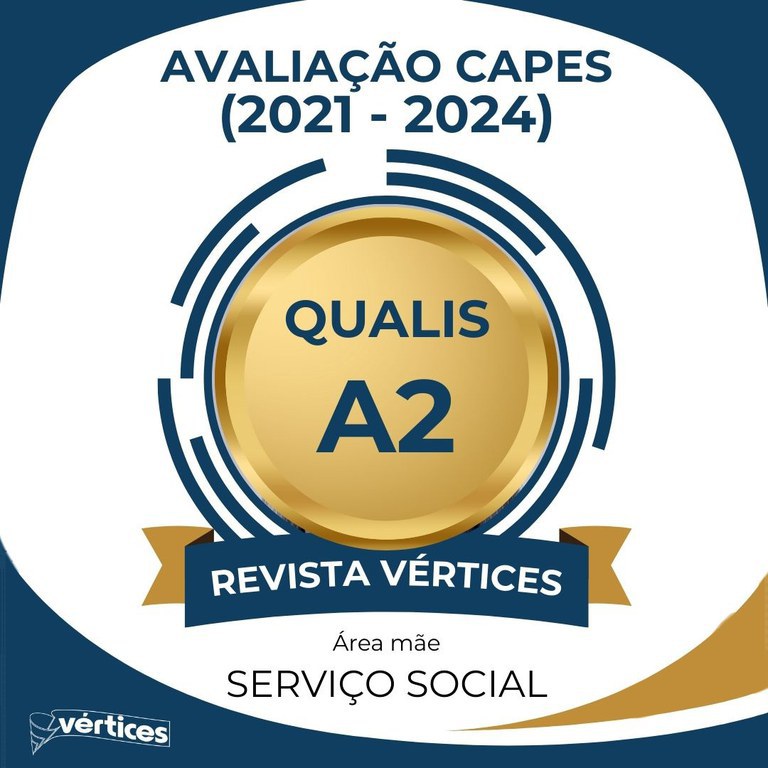Contribution to the management of Coastal Lagoons : traditional, scientific and technical knowledge associated with the management of natural resources of the Carapebus Lagoon, Jurubatiba National Park – RJ
Keywords:
Jurubatiba, Carapebus Lagoon, Conservation Unit, Traditional populationsAbstract
The Jurubatiba National Park (PARNA Jurubatiba), created on April 29, 1998, is located in the northeastern region of Rio de Janeiro State, covering the municipalities of Macaé, Carapebus and Quissamã. It has 44km of coastline, and 18 highly preserved, and ecologically important lagoons. The Carapebus Lagoon has two important features: (i) it is situated only partially within the park and, (ii) it is used for the practice of fishing by a community of local fishermen considered as a traditional population by various investigators. This work focuses on the Carapebus Lagoon in order to contribute for the management of Brazilian coastal lagoons. Thus, the work aimed at describing the relationship between local fishermen and the local national management officials, laying the foundations and proposing the terms for the signing of a fishing agreementwithin the limits of the Conservation Unit (CU). The proposed agreement aims to preserve the Carapebus Lagoon and help insure good living conditions for local fishermen and their families. The methodology used in the study can be divided into five steps, namely: (i) literature research and documental analysis; (ii) analysis of images available at the CU’s administrative headquarters, along with satellite images available on “Google Earth”; (iii) participative observation; (iv) development of the research instrument and, (v) tabulation and analysis of the material collected in the interviews. During the research, it was found that, despite the transformation of Jurubatiba into a National Park, the Carapebus Lagoon currently faces several threats that compromise its integrity. The study evaluated the performance of public agencies related to the lagoon, and the perception of the various social actors involved in its management of the role of management officials. The fishermen of the Carapebus Lagoon and their fishing methods were identified and a typical profile of those engaged in local artisan fishing activity was traced. Their proposals for the lagoon management were considered and discussed, and current research involving the Carapebus Lagoon was presented, as well as related regulation already applied in the Brazilian legislation. The study also found that prohibited fishing activities in the Carapebus Lagoon did not contribute to the preservation of that ecosystem. Furthermore, such prohibition has brought illegitimacy to dozens of fishermen. Regarding the Management Plan of the Jurubatiba National Park, its original proposal to correct this distortion was reviewed, and changes for improving the original rules were suggested. The openings of the lagoon barrier were discussed, and the history of these openings after the creation of the park, the rules currently used for opening the barriers, the social actors related to the lagoon, their perception about the opening and their proposals for conducting the process were also registered. The ability of the fishermen to auto-regulate fishing was analyzed, and forms of appropriation of the lagoon’s natural resources were depicted. The main representatives of the fishermen, as well as their level of representation in the Jurubatiba National Park Council were identified. The study also discusses the current situation of traditional populations in Federal Protected Areas, identifying experiences that have allowed fishing activity in CUs with the aid of fishing agreements. Finally, the dissertation presents a model of a Commitment Term to be used in the establishment of a fishing agreement between the Jurubatiba National Park Administration and the Carapebus Lagoon artisan fishermen, which is expected to contribute to a more efficient and sustainable management of the natural resources protected by the Conservation Unit.Downloads
Downloads
Issue
Section
License
The authors of the manuscript submitted to Vértices, hereby represented by the corresponding author, agree to the following terms:
The authors retain the copyright and grant Vértices the right of first publication.
At the same time the work is licensed under the Creative Commons Attribution 4.0 International License, allowing third parties to copy and redistribute the material in any medium or format and to remix, transform, and build upon its content for any legal purpose, even commercially, provided the original work is properly cited.
Authors will not receive any material reward for the manuscript and Essentia Editora will make it available online in Open Access mode, through its own system or other databases.
Authors are authorized to enter into additional contracts separately for non-exclusive distribution of the version of the work published in Vértices (eg, publish in institutional repository or as book chapter), with acknowledgment of authorship and initial publication in this journal.
Authors are permitted and encouraged to disseminate and distribute the post-print (ie final draft post-refereeing) or publisher's version/PDF at online information sources (eg, in institutional repositories or on their personal page) at any time after the first publication of the article by Vértices.
Essentia Editora may make normative, orthographic and grammatical changes in the originals in order to maintain the standard language, with the final consent of the authors.
The content and opinions expressed in the manuscript are the sole responsibility of the author (s).




















1.png)



